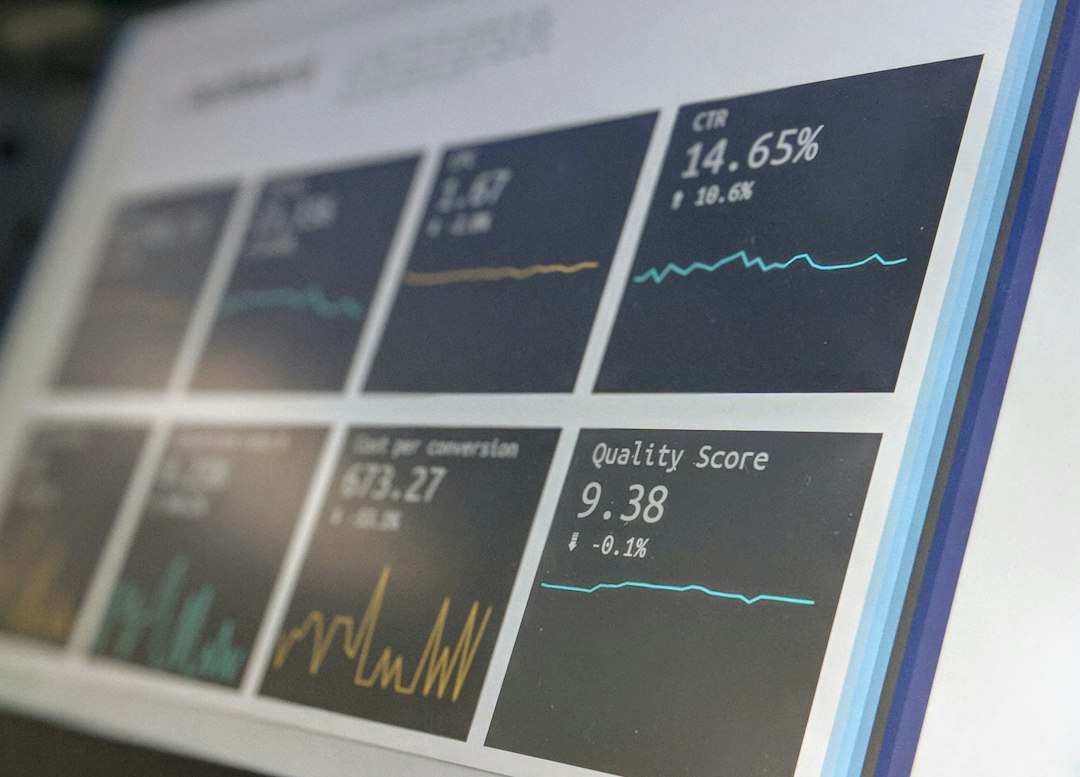In recent years, the advancement of technology has brought with it a wave of innovation that is fundamentally changing the way we live, work, and communicate. Perhaps one of the most significant developments in this technological revolution is the rise of artificial intelligence (AI) in the tech industry. AI is a branch of computer science that aims to create intelligent machines that can perform tasks that typically require human intelligence, such as visual perception, speech recognition, decision-making, and language translation.
The concept of AI itself is not new; it has been around for decades. However, recent advancements in machine learning, deep learning, and neural networks have propelled AI technology to new heights. As a result, AI has become increasingly integrated into various aspects of our daily lives, from virtual assistants like Siri and Alexa to self-driving cars and sophisticated recommendation algorithms.
One of the key driving forces behind the rise of AI in tech is the increasing availability of data. With the proliferation of digital devices and the internet, data generation has reached unprecedented levels. This data is crucial for training AI algorithms, as machine learning models require large amounts of data to learn and improve their performance. As a result, companies that have access to vast amounts of data, such as tech giants like Google, Facebook, and Amazon, have been able to make significant strides in AI research and development.
Another factor contributing to the rise of AI in tech is the increasing computing power of modern hardware. The exponential growth of computing power, coupled with the development of specialized hardware like GPUs, has enabled AI researchers to train complex neural networks faster and more efficiently than ever before. This has led to breakthroughs in areas like computer vision, natural language processing, and reinforcement learning, allowing AI systems to perform tasks with a level of accuracy and complexity that was previously thought impossible.
Furthermore, advancements in AI research have led to the development of powerful tools and frameworks that make it easier for developers to build and deploy AI applications. Open-source libraries like TensorFlow, PyTorch, and Keras have democratized AI development, enabling researchers and engineers around the world to leverage state-of-the-art AI models and algorithms in their projects. This has accelerated the adoption of AI in various industries, from healthcare and finance to retail and transportation.
The rise of AI in tech has paved the way for a new wave of innovation and disruption across a wide range of industries. In healthcare, AI-powered diagnostic tools are being used to analyze medical images and detect early signs of diseases like cancer and Alzheimer’s. In finance, AI algorithms are being used to predict market trends and optimize trading strategies. In retail, AI-powered chatbots and recommendation engines are transforming the way customers interact with brands and make purchasing decisions.
However, the rapid advancement of AI technology has also raised concerns about its potential impact on society. One of the biggest concerns is the potential for AI to automate jobs and displace workers in various industries. As AI systems become more capable and sophisticated, there is a risk that they could outperform humans in a wide range of tasks, leading to widespread unemployment and economic disruption. This has led to calls for policies and regulations that ensure the responsible development and deployment of AI technology, including measures to retrain displaced workers and ensure that the benefits of AI are shared equitably across society.
Another concern is the potential for AI systems to exhibit bias and discrimination. AI algorithms are only as good as the data they are trained on, and if this data is biased or unrepresentative, the AI system may produce biased outcomes. This has raised questions about the fairness and transparency of AI systems, particularly in sensitive areas like criminal justice, hiring, and lending. Addressing these issues requires a concerted effort from researchers, policymakers, and industry stakeholders to develop and implement ethical guidelines and standards for the responsible use of AI technology.
Despite these challenges, the rise of artificial intelligence in tech holds immense promise for the future. AI has the potential to revolutionize industries, boost productivity, and improve the quality of life for people around the world. From self-driving cars that promise to reduce traffic accidents and congestion to AI-powered healthcare systems that can diagnose diseases more accurately and quickly, the possibilities are endless. As AI continues to advance and evolve, it will be crucial for society to strike a balance between innovation and responsibility, ensuring that AI technology is used in a way that benefits humanity as a whole.
In conclusion, the rise of artificial intelligence in tech is a transformative force that is reshaping the way we live, work, and interact with technology. With advancements in AI research, data availability, computing power, and development tools, AI has made significant strides in recent years and is now poised to revolutionize a wide range of industries. However, as AI technology becomes more pervasive and powerful, it is essential for society to address the potential risks and challenges associated with its adoption. By working together to develop ethical guidelines, regulations, and safeguards, we can ensure that AI technology contributes positively to our lives and creates a more inclusive and equitable future for all.

